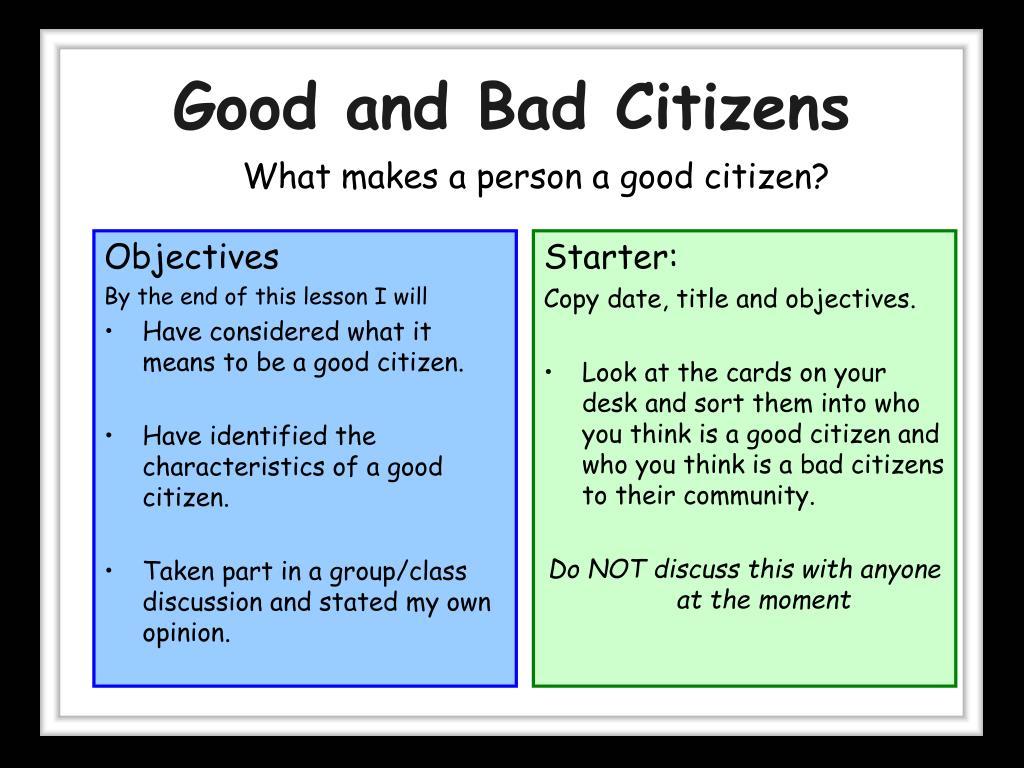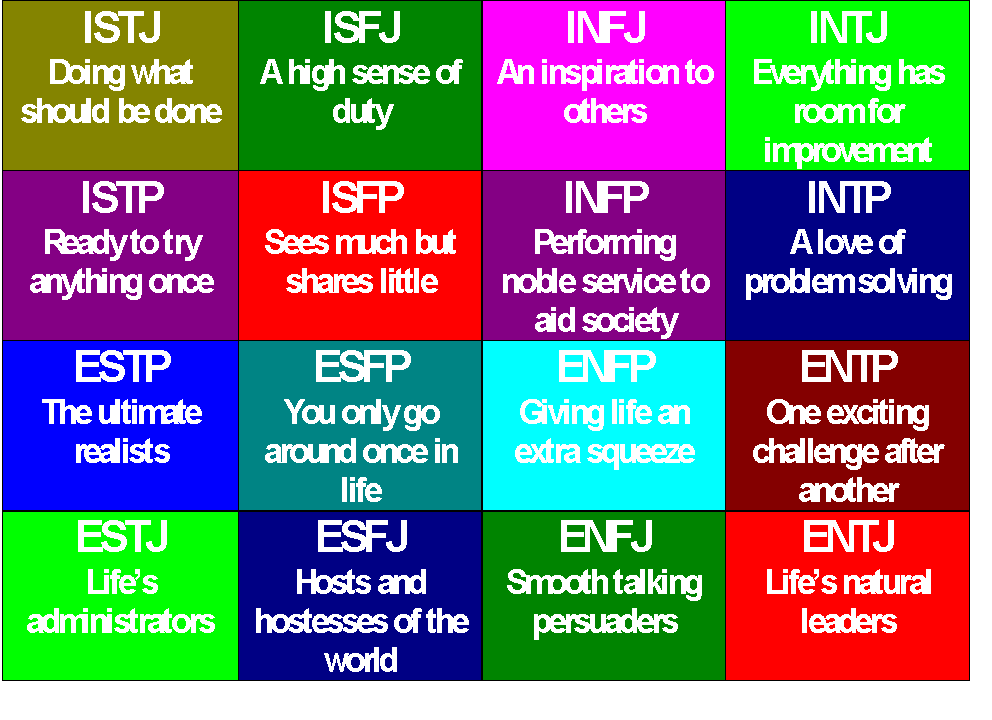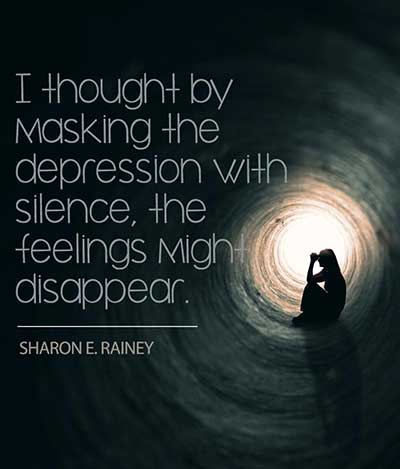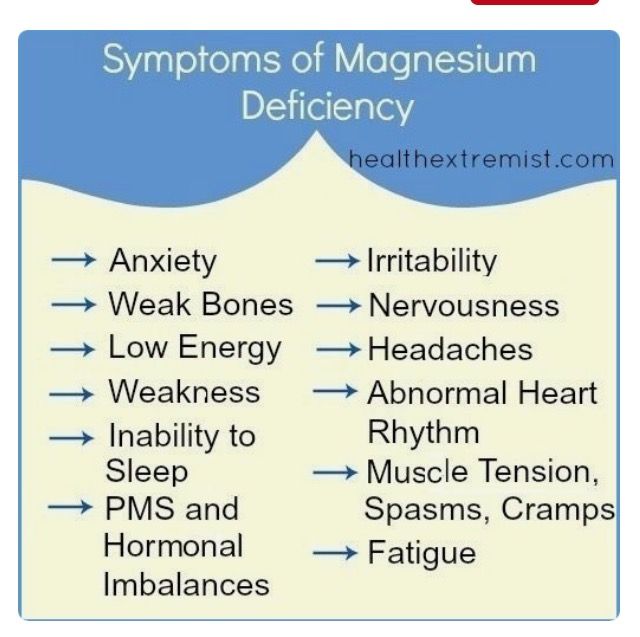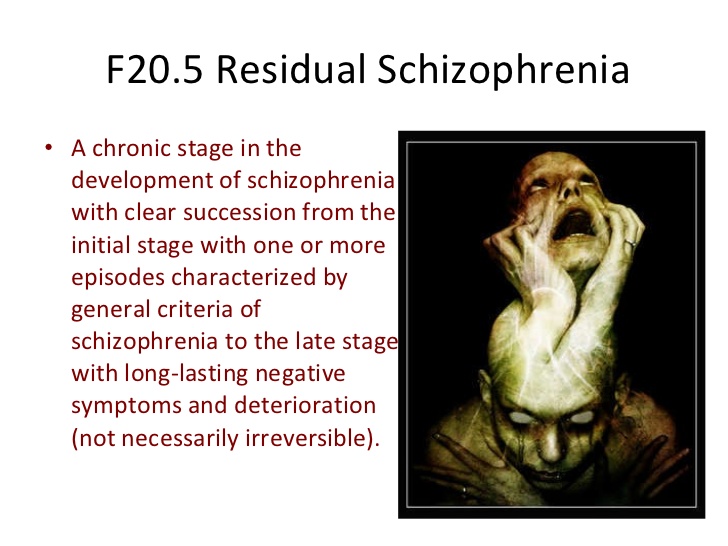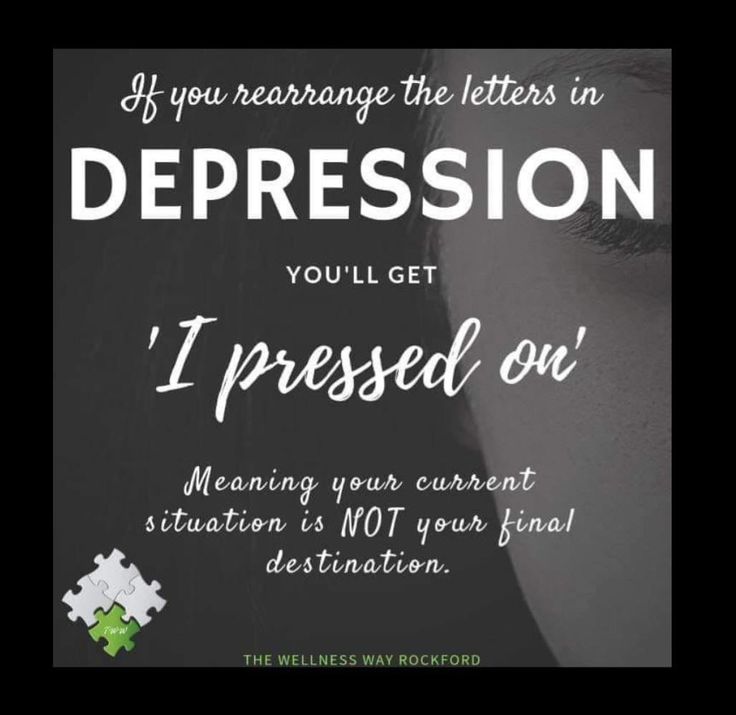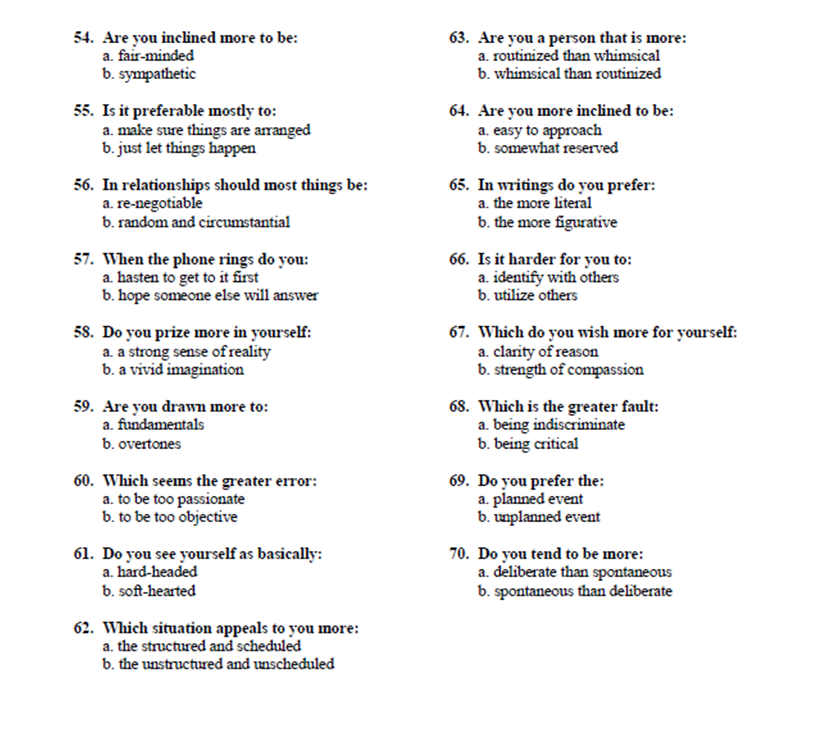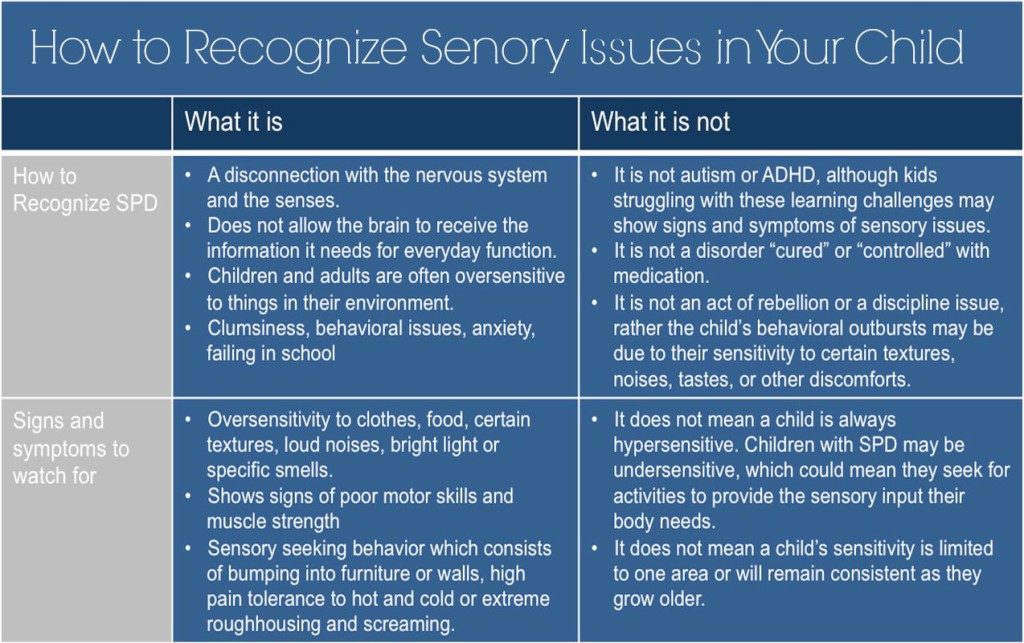Good and bad person
How to spot the bad (and good) people in your life
It’s very easy to get caught amongst the wrong bunch of people, so many people speak of meaning well but their behaviour says differently. It’s important to spot the bad people in your life in order to recognise the good ones. So I’ve discussed some key signs to look out for when it comes to the not so good people around you.
They are passive aggressive
A person with a constant passive aggressive attitude will avoid being straight forward with you at all costs. If they are upset or angry with you they will ‘pass’ indirect (almost subtle) insults or comments and perhaps give you the silent treatment to let you know they have a problem. I personally find this kind of behaviour to be very frustrating and hurtful, it can make you constantly wonder what you’re doing wrong while also leaving you questioning whether or not you have a way about you that upsets people, bringing you down even more. Yet truth be told the person who is being passive aggressive is doing something wrong.
They are avoiding confronting an issue, which will not solve anything. If you know anyone in your life like this, I would recommend not giving them your attention, the mind games are not fun so don’t satisfy the person by playing along. Instead I suggest focus on the people in your life, who are honest towards you, who try to fix the cracks that occur in your relationships and who do their best to avoid arguments with you. These kind of people are worth keeping around, simply because they mean well.
They appear unsupportive
Growing up I had a few ‘friends’ who never seemed to be happy for me when I was happy. It ranged from if I was pleased that I did well on a school test, they would mutter “well done” without a smile and complain about how pointless the test was anyway, to if I wanted to lose a bit of weight or take part in a new sport they would try to say something to put me off the idea. I soon realized these kind of people were not good for me! If someone in your life tries to hinder your goals and does not seem happy for all your minor and major achievements, forget’em! Take notice of the people who sincerely congratulate you when you succeed, who smile and say “yeah go for it” when you want to conquer a goal or try something new.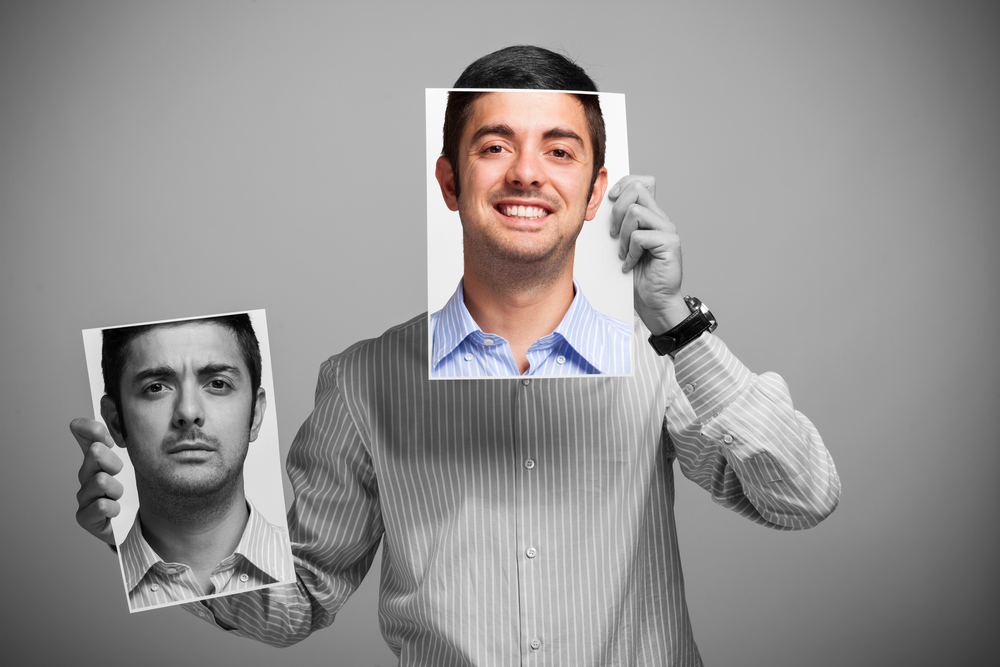 It’s best to surround yourself with people who have got your back every step of the way!
It’s best to surround yourself with people who have got your back every step of the way!
You feel uncomfortable around them
If you find yourself sitting on edge about what you say or do around certain people, convinced that there is a high chance they’ll laugh at you or judge you, chances are they’re bad for you. You should not feel like you have to act a certain way or say particular things in order to ‘fit in’ with a group or a person. Don’t alter who you are to suit someone else, especially when your gut is telling you something is not right. Walk away from crowds or a person that make you feel small. Stick with people who make you feel safe and content. It may sound cliché, but the right people will love and accept you for who you are and that’s something I’m proud I’ve learned.
They don’t listen to you
One of the nicest things you can do for a person is listen to what they have to say. A key sign to look out for when it comes to a person who may be bad for you is they will steer clear of listening to you in most conversations.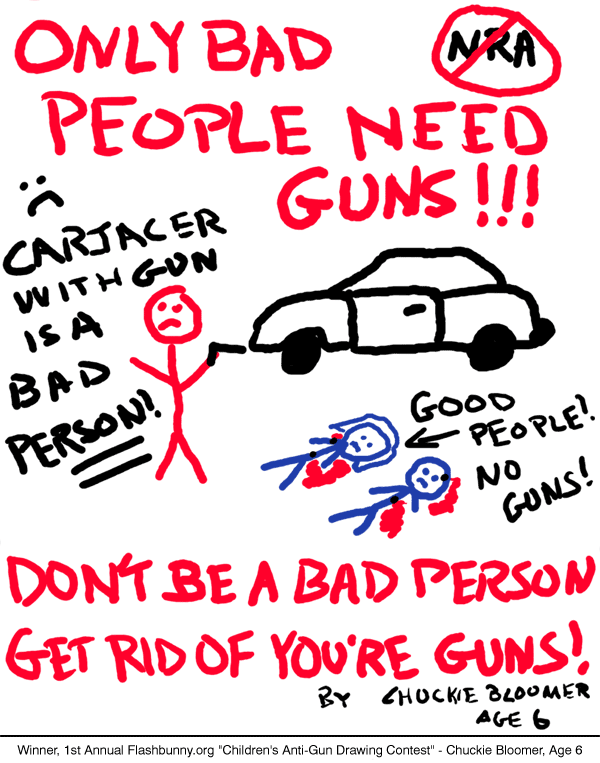 They often want the conversation to revolve around them or something they’re interested in. If I’m caught in a situation like this I wouldn’t continue to try and tell them anything. In my opinion these are clear signs that a person is not concerned with what you have to say. It is much better to talk to someone who is willing to listen and offer you advice if you need it.
They often want the conversation to revolve around them or something they’re interested in. If I’m caught in a situation like this I wouldn’t continue to try and tell them anything. In my opinion these are clear signs that a person is not concerned with what you have to say. It is much better to talk to someone who is willing to listen and offer you advice if you need it.
They don’t make an effort
A person who is not good for you will normally leave you feeling that you must repeatedly make the first move in order to “keep them” basically. This can mean you usually check up on them to see if they’re okay, but they don’t do the same for you and that you’re always the one who makes plans in order for you both to see each other. Effort should come from both/all people in either a friendship or a relationship. It’s unhealthy when maintaining the bond feels like you’re dragging your nails down a chalkboard. If a person really cares about you, their actions will prove that. Be caring and loyal to the people who are happy to have you in their lives, and don’t forget to remind them that you’re thankful to have them in yours too!
In life we’ll encounter many different kinds of characters.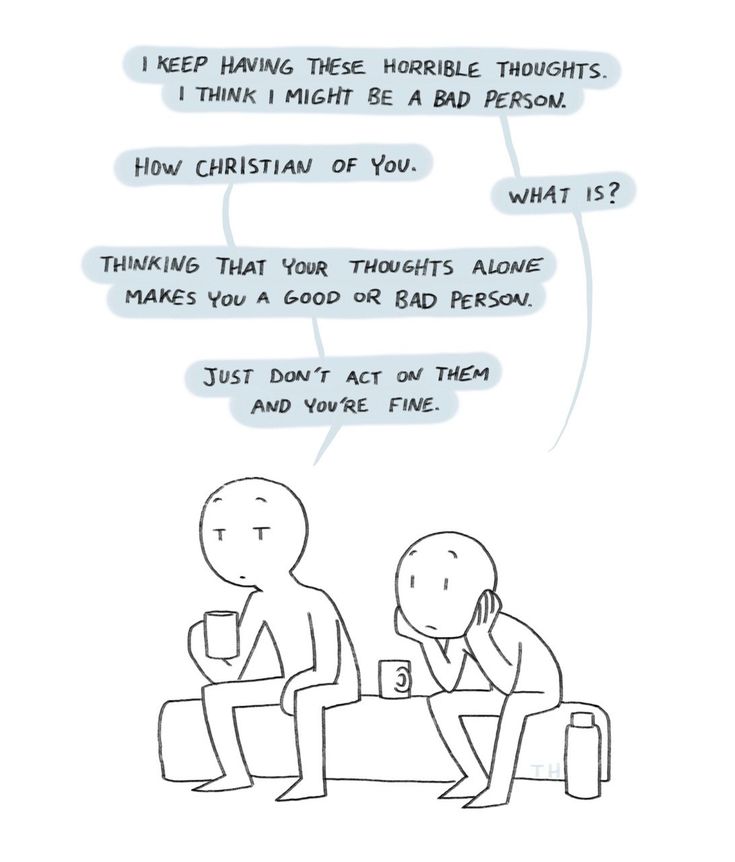 If I had to offer one main piece of advice, it is to never be afraid to remove a bad person from your life but to never be afraid to let a good one in either.
If I had to offer one main piece of advice, it is to never be afraid to remove a bad person from your life but to never be afraid to let a good one in either.
The Real Meaning of 'Good' and 'Evil'
Source: Passie vor MenschenRecht/Flickr
It's a dangerous oversimplification to believe that some people are innately ‘good’ while others are innately ‘evil’ or ‘bad.’ This misleading concept underpins the justice system of many countries — ‘bad’ people commit crimes, and since they are intrinsically ‘bad’, they should be locked away so that they can’t harm us with their ‘evil’ behavior. This concept has also fuelled wars and conflicts throughout history, and even in the present day. It makes groups believe that they are fighting a just cause against an ‘evil’ enemy and that once the ‘evil’ people have been killed, peace and goodness will reign supreme.
Human nature is infinitely more complex than this, of course. In human beings, ‘good’ and ‘evil’ are fluid. People can be a combination of ‘good’ and ‘bad’ qualities.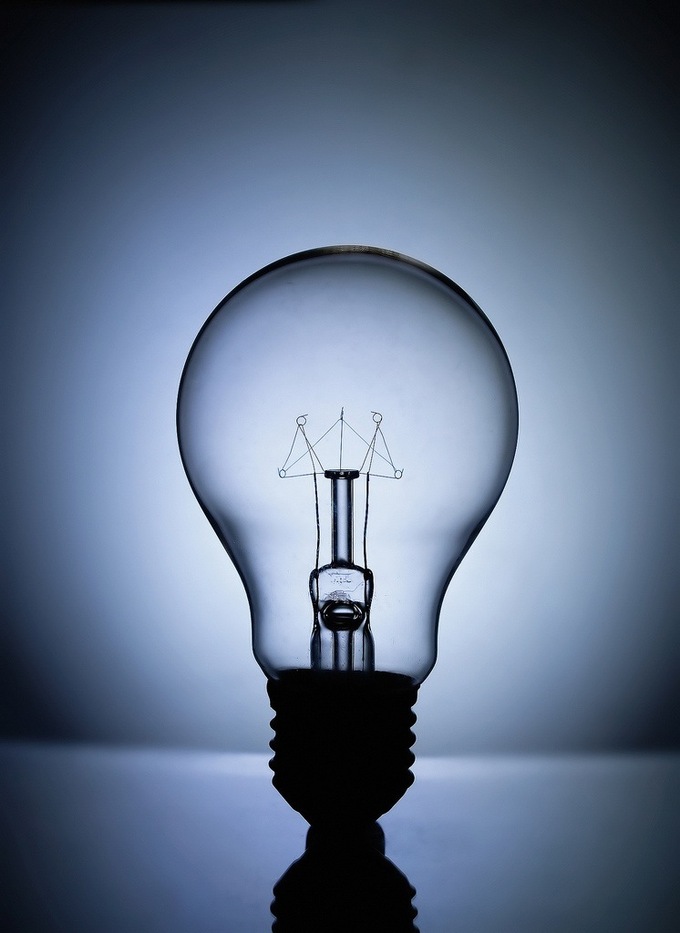 Some people who behave cruelly and brutally can be rehabilitated and eventually display ‘good’ qualities such as empathy and kindness. And rather than being intrinsic, most cruel or brutal behavior is due to environmental factors, such as an abusive childhood, or social learning from a family or peers.
Some people who behave cruelly and brutally can be rehabilitated and eventually display ‘good’ qualities such as empathy and kindness. And rather than being intrinsic, most cruel or brutal behavior is due to environmental factors, such as an abusive childhood, or social learning from a family or peers.
The Meaning of Good and Evil
What do we really mean when we use these simplistic terms, ‘good’ and ‘evil’?
‘Good’ means a lack of self-centeredness. It means the ability to empathize with other people, feel compassion for them, and put their needs before your own. It means, if necessary, sacrificing your own well-being for the sake of others. It means benevolence, altruism and selflessness, and self-sacrifice towards a greater cause — all qualities which stem from a sense of empathy. It means being able to see beyond the superficial difference of race, gender, or nationality and relate to a common human essence beneath them.
All of the ‘saintly’ people in human history have these qualities in abundance. Think of Mahatma Gandhi and Martin Luther King, risking their own safety and well-being for the goal of gaining equal rights and freedom for Indians and African Americans. These were human beings with an exceptional degree of empathy and compassion, which overrode any concern for their own ambitions or well-being.
Think of Mahatma Gandhi and Martin Luther King, risking their own safety and well-being for the goal of gaining equal rights and freedom for Indians and African Americans. These were human beings with an exceptional degree of empathy and compassion, which overrode any concern for their own ambitions or well-being.
‘Evil’ people are those who are unable to empathize with others. As a result, their own needs and desires are of paramount importance. They are selfish, self-absorbed, and narcissistic. In fact, other people only have value for them to the extent that they can help them satisfy their own desires or be exploited. This applies to dictators like Stalin and Hitler, and to serial killers and rapists. I would argue that their primary characteristic is an inability to empathize with others. They can’t sense other people’s emotions or suffering, can’t see the world from other people’s perspectives, and so have no sense of their rights. Other human beings are just objects to them, which is what makes their brutality and cruelty possible.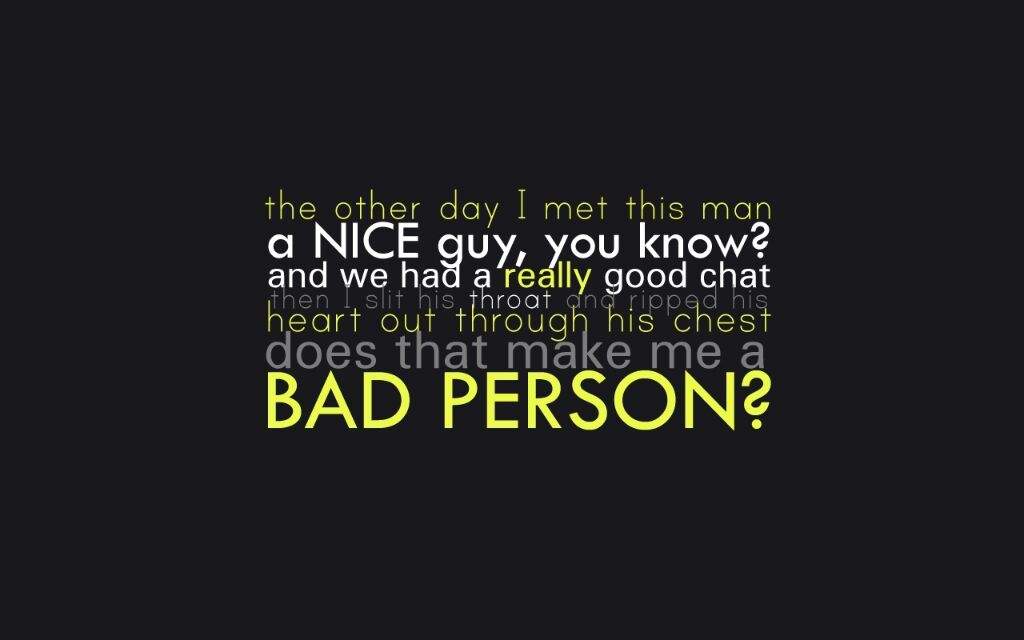
Good and Evil as Flexible
Most of us lie somewhere between the extremes of Gandhi and Hitler on the spectrum of human behavior. Sometimes we may behave badly, when egocentric impulses cause us to put our needs before the welfare of others. Sometimes we behave in a saintly fashion, when empathy and compassion impel us to put the needs of others before our own, resulting in altruism and kindness.
The real difference between this idea of ‘good and evil’ and the traditional concept is that empathy or a lack of empathy aren’t fixed. Although people with a psychopathic personality appear to be unable to develop empathy, for most of us, empathy — or goodness — is a quality that can be cultivated. This is recognized by Buddhism and most other spiritual traditions. As we practice meditation or mindfulness, and as we become less attached to materialism and status-seeking, we become more open and more connected, and so more selfless and altruistic.
The ‘fluidity’ of goodness is also recognized by the process of ‘restorative justice’, which is becoming more and more widely used within European justice systems.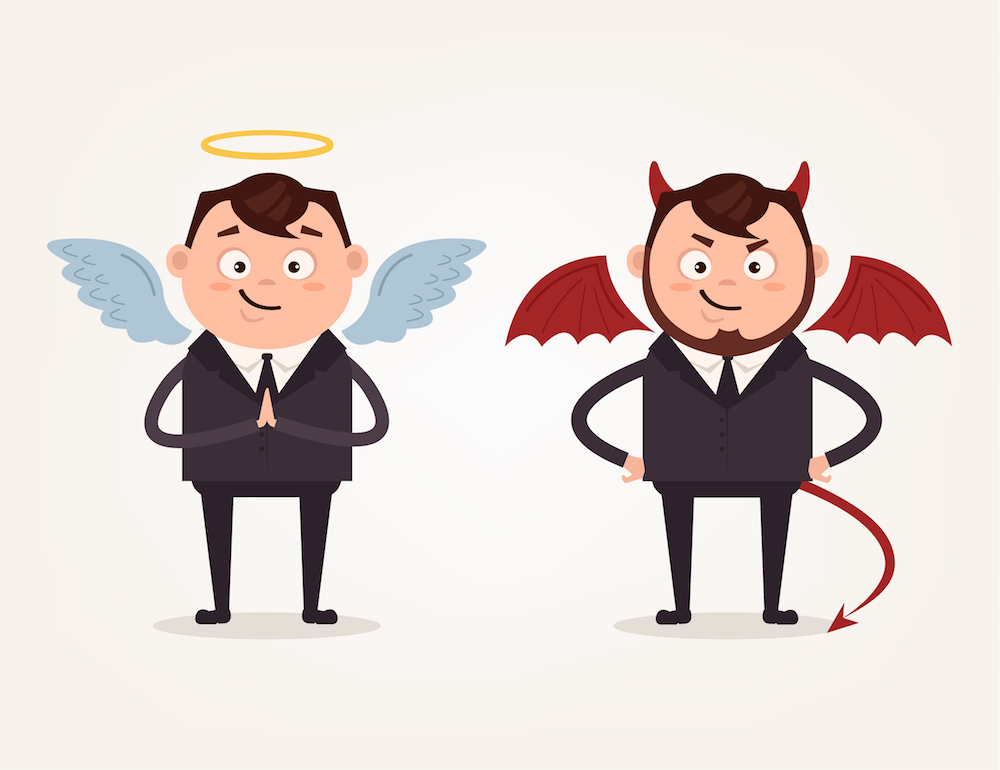 Rather than locking ‘bad’ people away — which is unfortunately so widely practiced by the US penal system — restorative justice gives offenders the opportunity to meet their victims, to see how their crimes have affected them, which often leads to a sense of empathy for their victims — which in turn frequently leads to rehabilitation.
Rather than locking ‘bad’ people away — which is unfortunately so widely practiced by the US penal system — restorative justice gives offenders the opportunity to meet their victims, to see how their crimes have affected them, which often leads to a sense of empathy for their victims — which in turn frequently leads to rehabilitation.
This is an optimistic view of nature, but I would go even further. Because the goodness in human beings emerges when we are connected — when we spread out into empathy with one another — I believe that goodness expresses something fundamental about human nature, even if it might be sometimes difficult to see. ‘Evil’ is an aberration, a form of pathology, as the psychopathic personality shows, which only emerges when we are broken off into disconnected fragments.
How to understand whether you are a good person or a bad one?
88,545
Man among men Know thyself
Peel is the first impression of you. This is what everyone knows about you, from the barista who sold you coffee this morning to the unfamiliar colleague at work. How do you know what it tastes like to you? This is not difficult.
This is what everyone knows about you, from the barista who sold you coffee this morning to the unfamiliar colleague at work. How do you know what it tastes like to you? This is not difficult.
Remember how polite you are with waiters, salespeople, taxi drivers. Do people like you when you first meet? Will your unfamiliar colleagues call you friendly? If you can confidently answer “yes” to all these questions, then do not hesitate: your skin tastes quite good.
Now let's dig deeper. Pulp. Friends, family, those who know you well, all deal with her. Do you often gossip? Do you judge people? Don't stand up for loved ones? Are you cowardly? Do you rejoice in the failures of your friends? Do you like to talk only about yourself? Can't keep secrets? Are you not paying back your debts? Do not mind lying from time to time? If so, then your pulp, alas, is no good.
Here we come to the core. You open it only to the very closest, some people do not show it to anyone at all. Test yourself: imagine that there is a button next to you that you can press, and then your cherished dream will come true. True, about 1000 random people will die at the same time in the world. But no one will ever know that you pressed it. Click? If your answer is "yes", your core is hopelessly damaged.
Test yourself: imagine that there is a button next to you that you can press, and then your cherished dream will come true. True, about 1000 random people will die at the same time in the world. But no one will ever know that you pressed it. Click? If your answer is "yes", your core is hopelessly damaged.
If we divide a person into peel, pulp and core, and call each of these three parts "bad" or "good", then eight types of people will be obtained. Let's see what these types are (we go from the peel to the core).
Good-good-good
Saints to the marrow of their bones, not losing faith even in notorious villains. Most often make friends among the "bad-good-good".
Advantages : Without such people, we would definitely be lost, and if we really need to trust someone, then only them, they will not let you down.
Flaws : With their arrival, the fun goes away, because what is fun is not always right.
Bad-good-good
At the first meeting they make a terrible impression, but dig a little deeper and you will discover their beautiful inner world. People like to hang out with such people of the “good-good-good” series.
People like to hang out with such people of the “good-good-good” series.
Virtues : They hate hypocrisy and cowardice, they are extremely principled. People respect them and often choose them as their leaders.
Weaknesses of : Some of them are not alien to star fever, because inside they are so wonderful, despite the outer shell.
Good-bad-good
When they first meet, they seem adorable, but their friends, who are mostly good-bad-good, know that this is far from being the case. "Good-bad-good" often suffer from low self-esteem.
Advantages of : They are always fun to be with, and in general their communication skills are top notch.
's Flaws: They can be hypocritical and cowardly, but they are generally harmless.
Bad-bad-good
The list of those whom they offended is long, but their friends will always defend them fiercely. And they are mostly friends with people like them, or with “good-bad-good”, or with completely “bad”.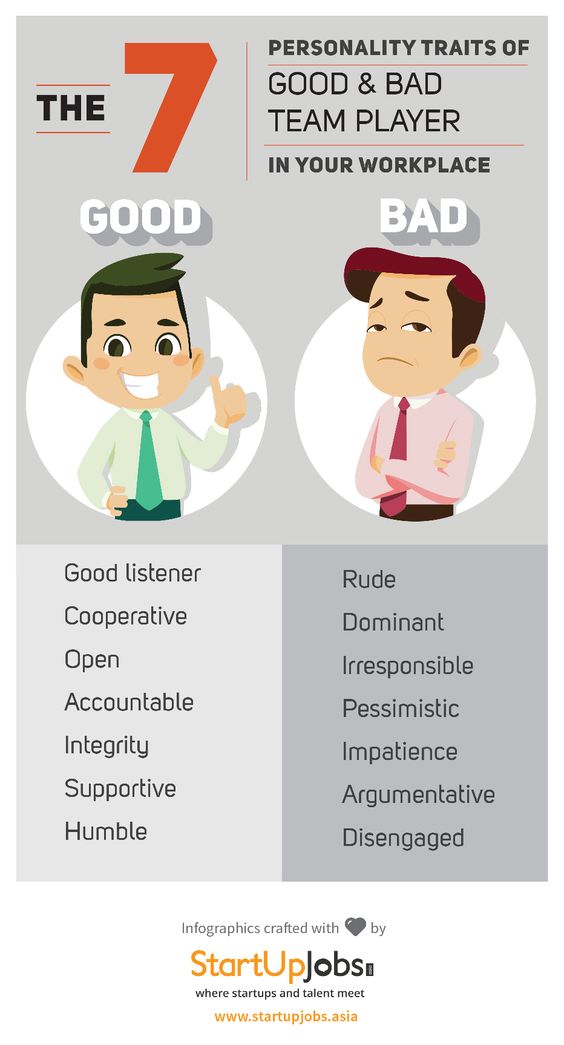
Virtues : Of course, they can be very unpleasant, but they have a good heart.
Flaws : These can be very annoying.
Good-good-bad
Such people are very dangerous, at first they like them, win your trust and even love, and then mercilessly break your hearts. They often converge with "good-good-good" and then very painfully diverge from them.
Advantages : Of course, their main goal is only their own success, but while they are moving towards this goal, they manage to do something good, such people often go into politics.
's Flaws: They are manipulative and hurt those closest to them the most.
Bad-good-bad
This type of person is very rare. They are often deluded into thinking that their core is actually good.
Virtues : They often become successful in the criminal business. A bad skin produces the necessary intimidating effect, a good pulp helps to establish contacts, and a bad core allows you to go over the heads to your own goal.
Cons of : They are really very bad.
Good-bad-bad
Everyone has fun with such a person, but only everyone knows that he is basically a complete trash.
Virtues : Excellent contenders for the role in Desperate Housewives.
Flaws : The most hypocritical of all presented.
Bad-bad-bad
Here he is, the classic villain in all his glory. They do not understand people with a good core and despise bad people who try to appear good.
Virtues : They are not hypocrites, they are what they are, they make excellent stand-up artists, and also the leaders of the mafia.
Disadvantages : Here, I think everything is clear.
Source: Wait But Why.
Text: Tatyana Tyutyunova Photo Source: Getty Images
New on the site my three-year-old daughter"
Emotional burnout: how to get out of the vicious circle - 3 tips from psychologists bed?
“A loved one was dying before my eyes, but I didn't go up to him.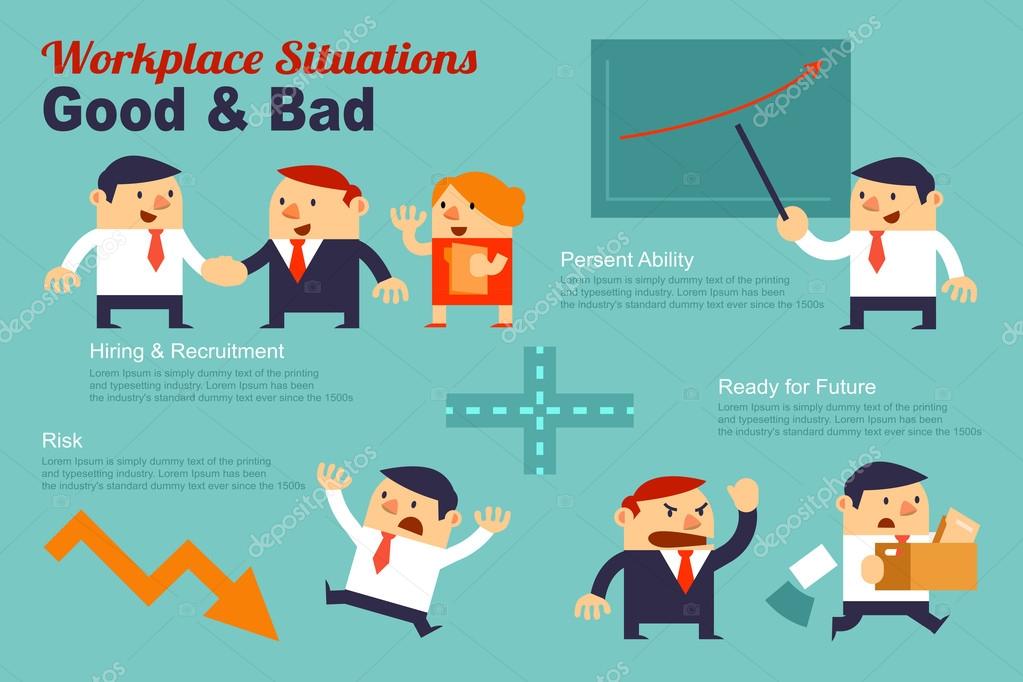 I still suffer from guilt”
I still suffer from guilt”
How to model your own reality: the Wardrobe of Experiences technique
What is a good person? — Aleksey Chernysh on vc.ru
When we talk about a good person, we mean some of his qualities and skills that we consider good, and how a person manages them.
8713 views
Elon Musk. Entrepreneur, inventor, engineer and billionaire.
A good person does good deeds, and spending is considered a good deed, not an investment that brings profit. This is not correct.
If a good business does not bring profit, then it is built incorrectly, which means that it discredits good business and is not good. If you build a technology that, while bringing benefits, also brings money, then this business is good, otherwise this business is bad.
For example : a store that feeds conditional "vagrants" with expired products, instead of throwing them away, does a good deed to a lesser extent than a person who encourages these tramps to earn money as loaders in the same store.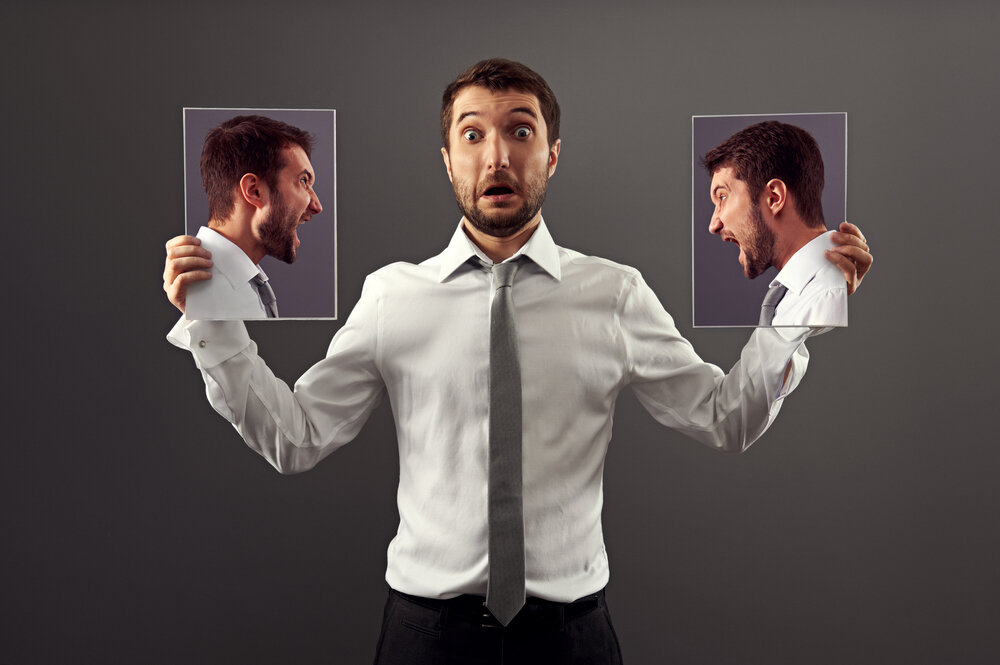 Likewise, parents make a child a good person when they are forced to work.
Likewise, parents make a child a good person when they are forced to work.
We consider good those who make us better. But give a drug addict and you will make him better, and his worse. Start to indulge the child in everything and deprive him of independence. Raising a child often requires making him worse in order to make him better. So a good person does not make a person better, but a person better. Makes him more honest, more kind, strong, skillful, fair, wise, caring. He treats a person not as a means, but as an end. That is, I didn’t use it and threw it away, but as to the only and unique.
For example : good journalists make the state worse in order to make the state better.
Boris Sobolev. good journalist
Can a good person do bad things and a bad person do good things?
1) Any person has the right to make mistakes and the good differs from the bad in that the good one tries to correct or atone for his mistakes.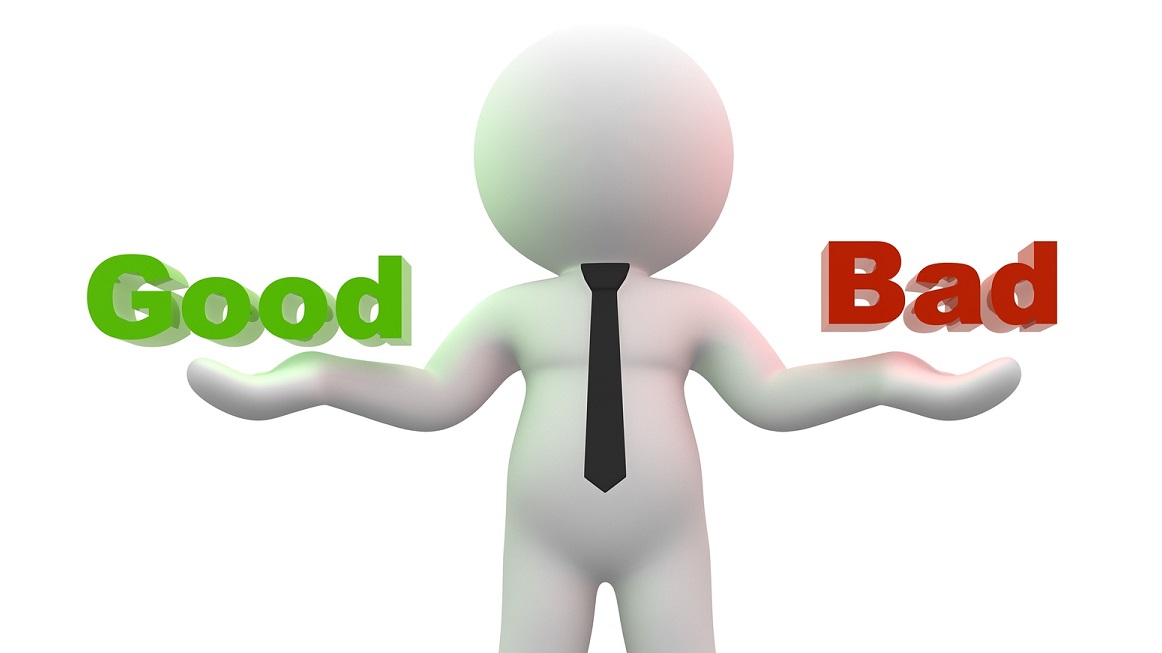
2) In addition, when a person acts according to his social role or the role that we ourselves have assigned him according to our own cultural ideas and rules, then we consider him good. But if it deceives our expectations, then we consider it bad. Although this difference may be due to the fact that we do not know anything about his country, culture, upbringing, character, customs, and he acted well according to his attitudes, but badly according to our attitudes.
In order to finally decide who a good person is, we need to understand the concept of synergy.
Synergy
Synergy occurs when the combined action of all participants significantly exceeds the sum of the actions of each of the participants.
There is a synergy mechanical and content .
Mechanical Synergy means mechanical actions.
Example , two workers in an hour on a stretcher drag more than each of them in 2 hours.
Informative is based on the fact that people are different and what one is good at is not good at another.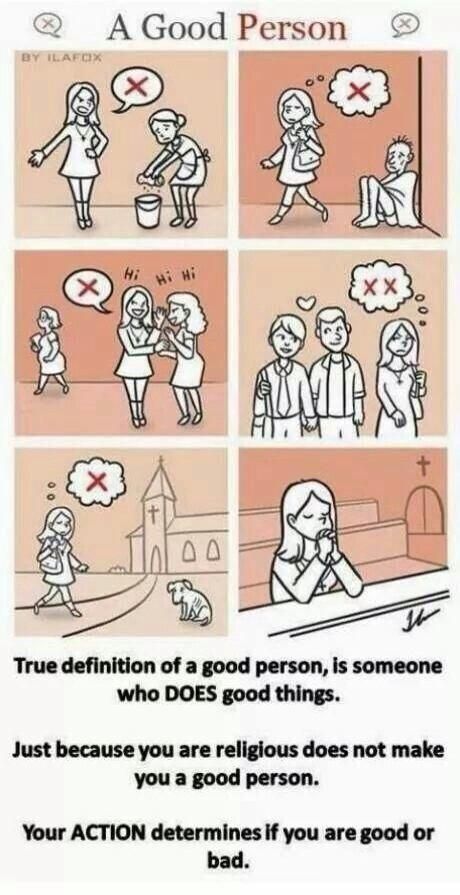 Everyone does a little, but together they get a lot.
Everyone does a little, but together they get a lot.
In , an example of here is team computer games (a tank, a healer and a buffer together will kill a monster that each of them cannot kill).
Or teams organized by type of activity in films. "A-Team".
Or NEO from the Matrix wouldn't have made it to the middle of the movie without a team, and Steve Jobs wouldn't be proud of the iPhone because he didn't even know how to program.
And mechanical , and meaningful synergy can be both positive "+" and negative "-".
Negative means people would work better if they didn't interact with each other.
- Mechanical negative occurs if, for example, was put together to carry, and they began to chat, get distracted and the result became less.
- Informative negative occurs more often during wrestling. That is, due to the fact that people are in conflict, one spends time on dirty tricks to another and the result is reduced.
